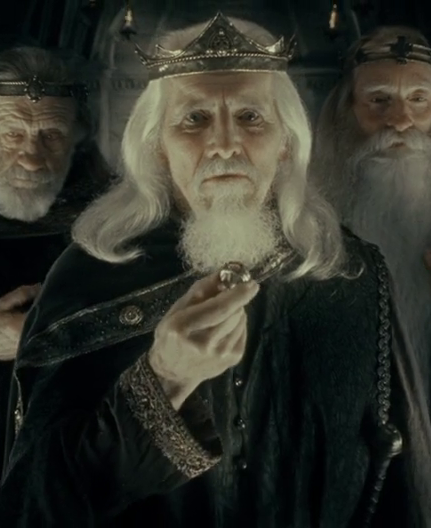Prayer is a moment of quiet time with Our Lord where two close friends are totally open with each other because they know they can be. At the Last Supper Our Lord will tell the apostles that he considers them friends, not servants, because he has kept nothing back from them, a sign of friendship and trust (cf. John 15:12–15). So Our Lord decides in today’s Gospel that it is time to warn the Twelve about his impending Passion and Resurrection. In Matthew’s account there’s no sign of how the Twelve reacted, but in Luke’s account (Luke 18:31–34) it says they didn’t understand what he was saying. When something tragic happens in the life of a friend you often suddenly see in retrospect that he was alluding to it all along, but you just didn’t pick up on the signals. As Our Lord makes his final journey to Jerusalem he is doing more than sending out signals; he is trying to prepare them for what is about to happen, something that will shake all their convictions about the Messiah.
James, John, and their mother show that they still don’t get it. They remind us today that friendship is not just knowing you can ask your friend for something, but being attentive and listening to them as well and picking up on the signals. James and John were open to what Jesus wanted; they would also drink the “chalice”one day of suffering and martyrdom, whether red or white, but they were still filtering it through their expectations of glory that was still too earthly.
If Christian life is taking up our cross and following Christ, we shouldn’t be shocked if in a moment of intimate prayer he reveals to us the disquieting truth of the Cross. We’re all headed to Calvary. He wants to strengthen and prepare us as we bear our crosses, great and small. If we filter out what comes after the Cross, the Resurrection, it’s no surprise that we’ll balk. Let’s continue this time of Lent straining to listen to our Best Friend with no filters and no spin.
Readings: Jeremiah 18:18–20; Psalm 31:5–6, 14–16; Matthew 20:17–28. See also 8th Week in Ordinary Time, Wednesday, St. James the Apostle, and 29th Sunday in Ordinary Time, Cycle B.



